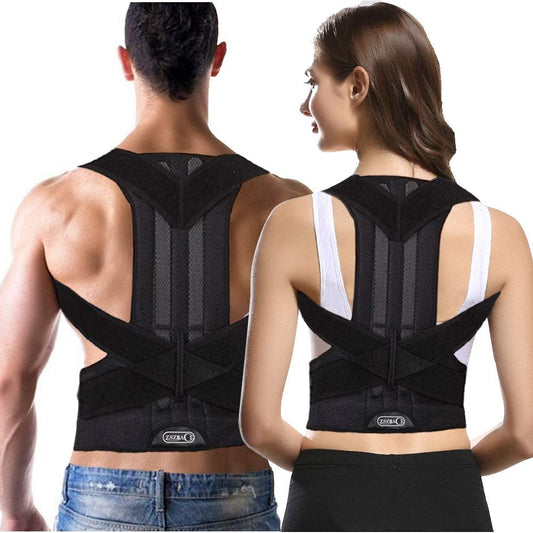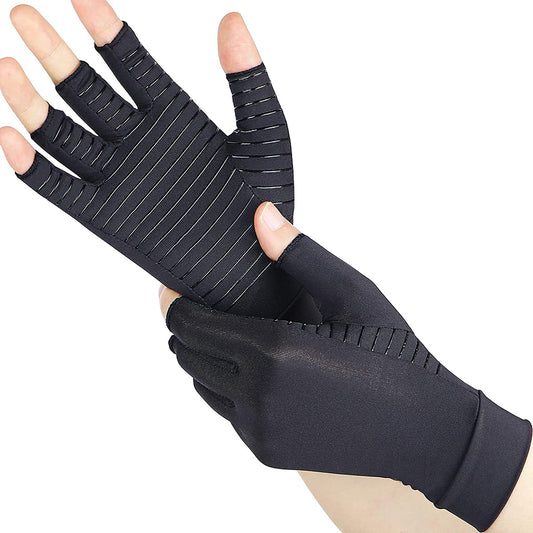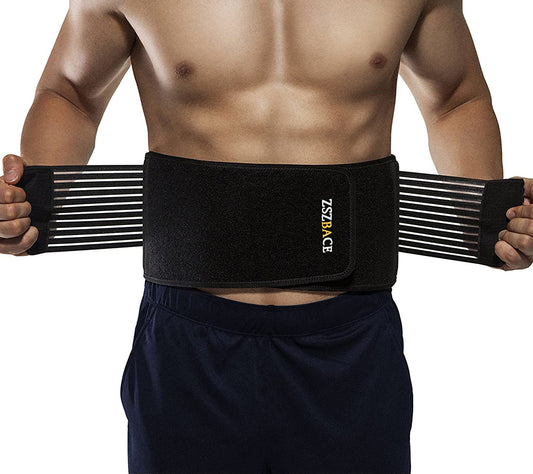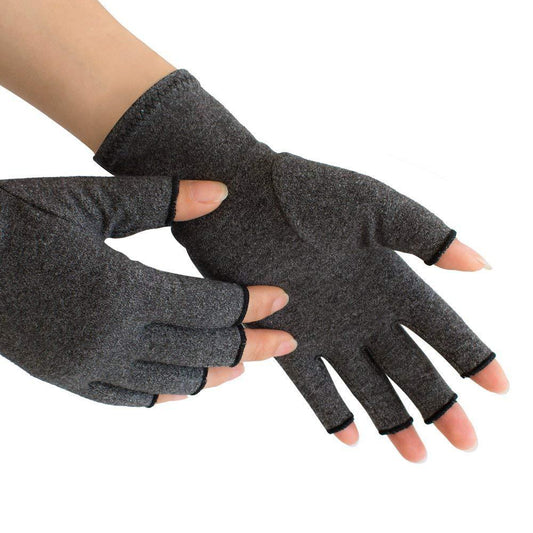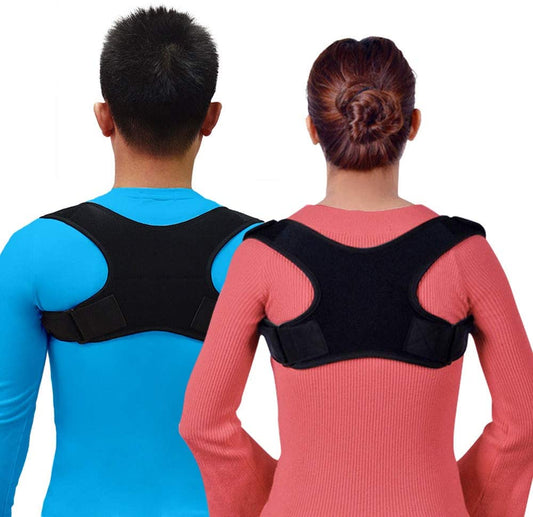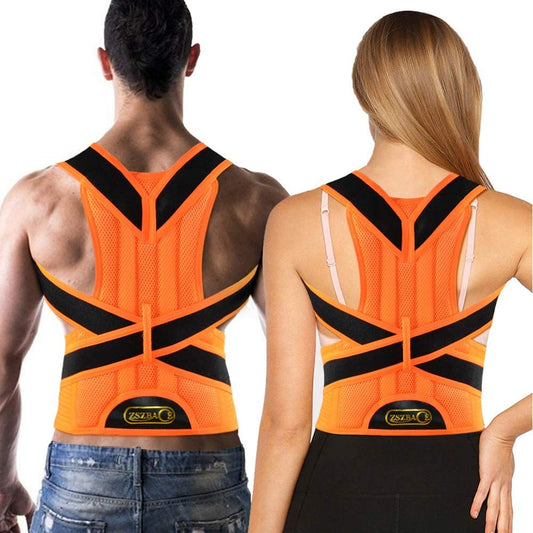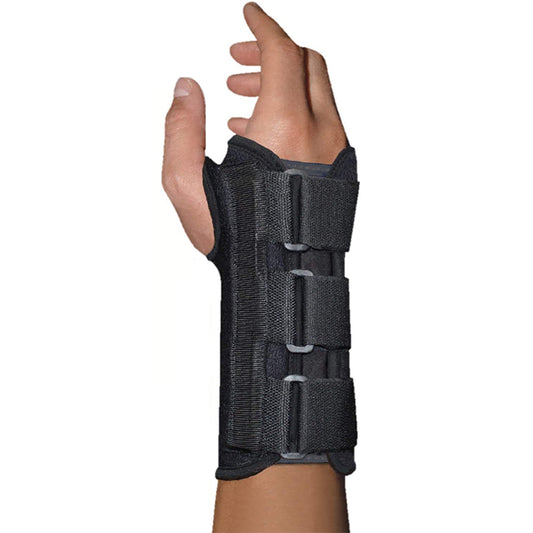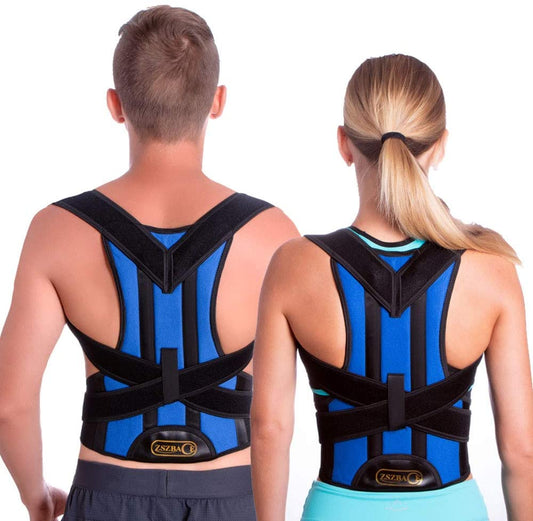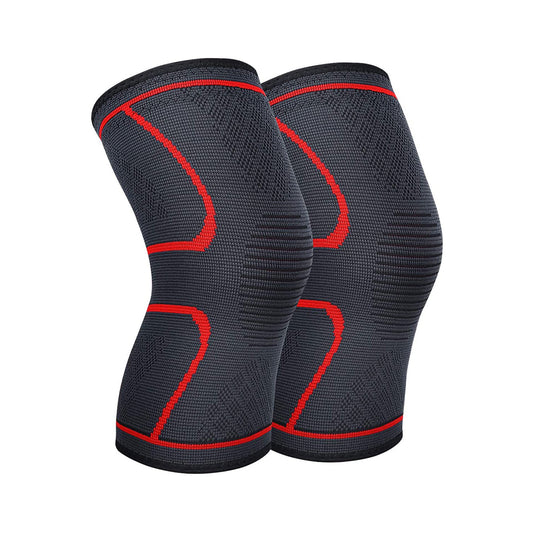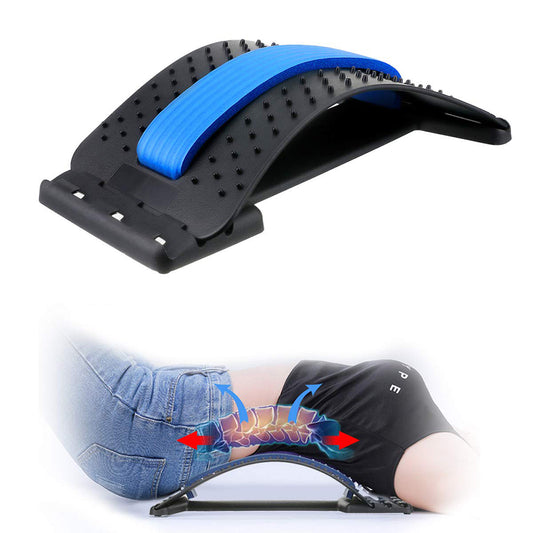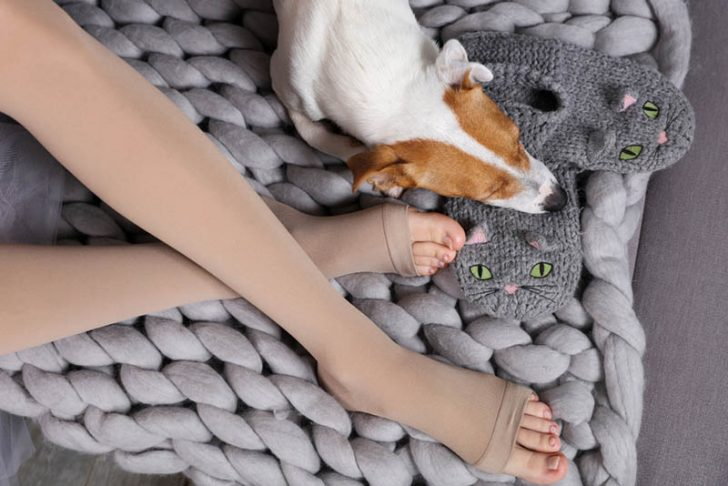
Compression Stockings During Pregnancy - Why and How?
Share
Pregnancy is certainly good news, but it often brings trouble to expecting mothers. One of the common problems women experience is leg cramps, which may be accompanied by edema, a condition characterized by swelling and pain in the feet. Most expectant mothers will experience this symptom at some point, although it often occurs in the seventh month. Unless your swollen feet are accompanied by high blood pressure, there is no reason to worry. But you have to watch out for varicose veins on your legs. If swelling and varicose veins are present in addition to swelling, it makes sense to buy a pair of maternity compression stockings. Let us explain why you need them and how you should choose and use them.
Pregnancy and Maternity: Your Leg Health Matters

Compression Stockings - Essentials
The chance of developing a blood clot during pregnancy is 5-6 times higher than in everyday situations. The reason is increased pressure on the pelvic veins and infrastructure.
This pair of compression stockings provides ample space for the free flow of blood, dispersing each clot point.
A second compelling support for compression stockings is their ability to manage varicose veins and deep vein thrombosis (DVT). Both come from pregnancy or postpartum.
Why wear compression stockings during pregnancy?
As the baby grows inside, the pressure on the lymphatic vessels and veins in the pelvis and lower body increases.
Hormonal changes are like party spoilers. This is why swelling is so severe during pregnancy. You can effectively repair inflammation by combining lifestyle strategies and maternity compression stockings.
Pregnancy can cause an increase in body fluids, which can lead to edema and varicose veins. In addition, the dilated uterus also puts pressure on the pelvic and vena cava. It is possible that fluid builds up in your tissues, and blood builds up in your lower body, which manifests as swelling and varicose veins. Compression stockings can help massage the muscles and cause blood to move up, which can relieve swelling and cramping in the lower extremities. Another problem they can address for pregnant women is deep vein thrombosis, or DVT, which can lead to life-threatening complications if left untreated. If you are at high risk for this condition, your gynecologist may recommend compression stockings for you.
How do pregnant women choose compression stockings?
Your doctor may recommend that you wear compression stockings, or you may want to wear them as a precaution. Whatever the situation, choosing the best compression stockings makes sense because you shouldn't settle for the best when it comes to safe pregnancy. There are certain factors to keep in mind when choosing them. Essentially, the fit should be snug but not overly tight, and they should also be firm enough to provide adequate support. Although over-the-counter medications are safe for most women, if you want to wear something with a higher degree of compression, you can seek advice from a gynecologist. There are also gradient compression variants with stronger feet and relaxed calf length. These shoes are more suitable for all day wear. You can also choose different lengths according to your preference, from short to knee-length.
How to Wear Compression Socks During Pregnancy?
After purchasing compression socks, you also want to know about their use during pregnancy. Ideally, you should set them aside at the beginning of the day. They are more effective at stopping swelling rather than reversing it. Also, wearing them later in the day can be harder because your feet and legs may already be swollen. It is recommended to wear them while walking, standing or sitting, as long as you feel comfortable. However, you can take them off before bed because your feet and legs will be straight and level with your body.
Which compression stockings are right for me during pregnancy?
The best compression socks are those that cover the most affected areas of the ankle and calf. Also, if the swelling is accompanied by varicose veins and pelvic pressure, cycling shorts or leggings may play a role. The lightweight fit compression is just what women in distress need.
right time to wear
Doctors recommend wearing it at dawn. However, you don't have to wear it at night as it can get too tight if not moved for a long time. Also, the body is always relaxed when you lie down. You don't need any compression support. Pregnant women should use compression stockings as soon as they feel signs of tiredness and swelling. Care is always better than cure.
Do compression stockings help with postpartum swelling?
Swelling may persist after birth, mainly due to IV fluids or a cesarean section. Inflammation after a C-section can also be relieved by elevating and walking in compression stockings. These socks will eliminate the fear of blood clots after surgery.
Compression Stockings: Benefits During Pregnancy?
Compression stockings are a good investment for pregnant women as they prevent painful leg cramps and more serious varicose veins. Just talk to your doctor and start wearing them to get pregnant safely and comfortably.

